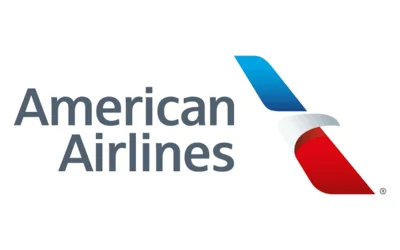The International Air Transport Association (IATA) has identified three main priorities for aviation safety and operations at a meeting in Xiamen, China. These priorities are the defense and evolution of global standards, promoting a strong safety culture through leadership, and improving performance by using data.
Mark Searle, Global Director Safety at IATA, said: "The environment in which airlines operate has grown even more complex as conflicts and regulatory fragmentation have proliferated. As a result, we have seen airspace closures, drone incursions and rising global navigation satellite system (GNNS) interference disrupt connectivity, undermine confidence, and threaten safety. Ensuring aviation remains the safest mode of transport requires strong leadership, robust adherence to global standards, and smarter use of data. By focusing on these—industry and government together—we will build a safer, more resilient and increasingly efficient global aviation system that can manage today’s risks and is prepared for those of tomorrow."
One area of focus is addressing interference with Global Navigation Satellite Systems (GNSS). Reports of GNSS interference increased by over 200% between 2021 and 2024. IATA has worked with the European Union Aviation Safety Agency (EASA) to launch a GNSS Resilience Plan based on monitoring, prevention tools, backup infrastructure, and civil-military coordination. The next step involves asking the International Civil Aviation Organization (ICAO) to set new global standards.
 Alerts Sign-up
Alerts Sign-up




































